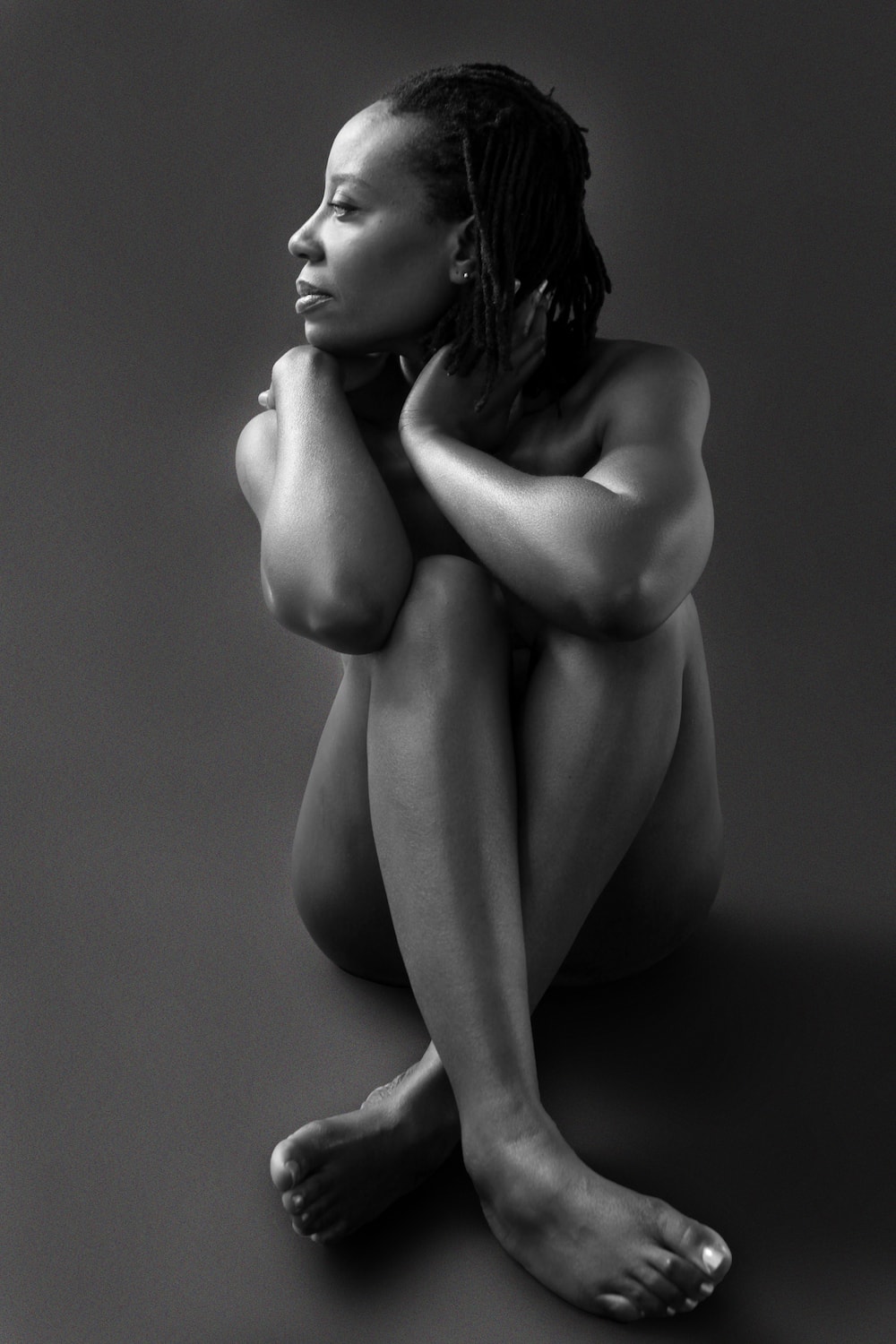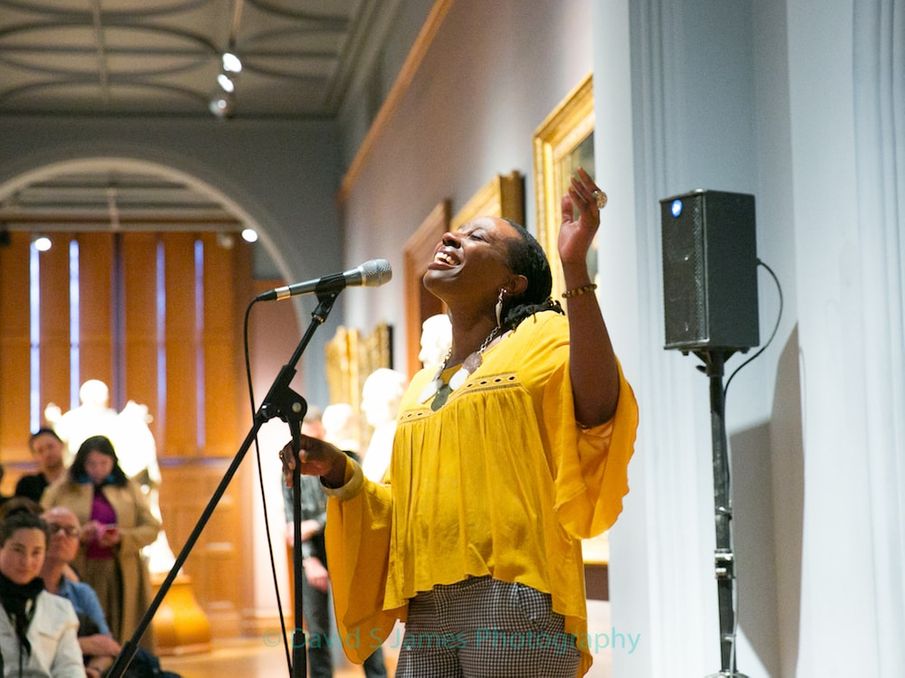The London soul and jazz singer found she could face depression by shining the light of truth on her lyrics
I grew up in northwest London. I was born to West Indian parents in a household that was very musical in the sense that we all loved music. My parents were very much church-goers, so we would enjoy singing at church as well.
I studied media at Sussex University and never considered music as a career, but I ended up falling in with the music crowd and was influenced by what they were listening to. My taste broadened to encompass blues and jazz, people like Billie Holiday, Ella Fitzgerald and Bessie Smith. I started performing in the campus bar, just sort of pitching up each Sunday. The first song I sang in public was Sam Cooke’s Wonderful World. I remember feeling painfully embarrassed and aghast that I’d sung anything at all.
I would always be the one at home by myself with a hairbrush in hand in front of the mirror, imagining I was performing to an adoring crowd. But it remained a secret vision of mine for years. Singing at the open mic at university opened the first door into a musical world.
I started doing little private performances at weddings, and then a few years down the line I moved to Paris with my partner. In Paris, I started to take singing more seriously. When I returned home it still took another two or three years before I started embracing the idea of wanting to make a record.
I was in my thirties, and it was quite a long journey, but things happen when they happen. I needed to go through all those processes and live all those lives, and do everything I needed to do up until the point.
I wrote the song Live Again, which had a big impact. I was writing around a certain person’s life experiences, but when I came to record it for my album Stripped Back, I realised I was having difficulty recording it, because acoustically there is absolutely nowhere to hide. It was the time of starting to explore a lot of my own deep-seated issues, and this song hugely represented some of those things.
Live Again is about what somebody might feel when they’re lonely and isolated and their head is caught up in really tormenting thoughts about themselves and what they feel about themselves, and what other people might feel about themselves. It’s a real, subconscious honesty.
In truth, that song was really connected to my own feelings about myself. I was totally unaware of my own depression. The word depression didn’t even feature in my vocabulary. I never suspected there was something wrong until a friend suggested that I was depressed. Only then did I see the reality. It’s still part of my journey to learn to talk without feeling embarrassed or ashamed, or feeling I’m saying something I shouldn’t be saying.

Christina Jansen Photography
I met a singing group and asked if they would like to sing Live Again with me. Everything seemed so right when I was singing it with other people, so I started thinking it would be nice to do another performance of the song in public with other people joining me, and to use that song to raise awareness for mental health issues.
I heard Marjorie Wallace, the founder of Sane, speaking on Desert Island Discs and it was really that simple. I called Sane and they were happy for me to do a fundraising ‘big sing’ event with them in mind. I greatly admire Marjorie’s passion and her vision, so I was glad to be able to do it for her charity.
The healing power of music is incredible.
People speak to me after my gigs and it’s heart-warming to know that my songs connect. All I’m doing is sitting down and documenting how I feel. I’m not forcing anything. I’m just allowing it to come through, so it sort of feels like it’s out in the atmosphere and I grab it somehow.
Once you face the darkness, you’re not scared of it any more because you’ve felt it for what it is. It’s a far more honest way of living
I now allow myself to see the truth. Once you unscrew the cork from the bottle, you can decide if you are going to sink to rock-bottom and see the darkness, or you can see what’s there and face up to it. It’s not possible to put the cork back in again. You’ve got to let it all out. Once you face the darkness, you’re not scared of it any more because you’ve felt it for what it is. It’s a far more honest way of living.
There’s a term somebody used recently called ‘toxic silence’, which I think is just so descriptive. When you try to silence the truth, it becomes toxic. Perhaps you’re not saying it to yourself, but your consciousness is aware. I realised I can no longer live without truth.
I’m still working independently so I’m not signed to any label right now. I’m going to release Stripped Back as a special, limited edition album, just to remove that pressure. This album is documenting a huge part of my life. I don’t want to treat it as just any other release, because it’s too important for that. When you’re putting so much of yourself in your songs it’s like giving birth. It’s a big thing. I want people to be aware of what’s gone into it and what’s coming from it as well.
Find out more about Melissa James on her website. Visit www.sane.org.uk to read more on the great work Sane does.


Comments